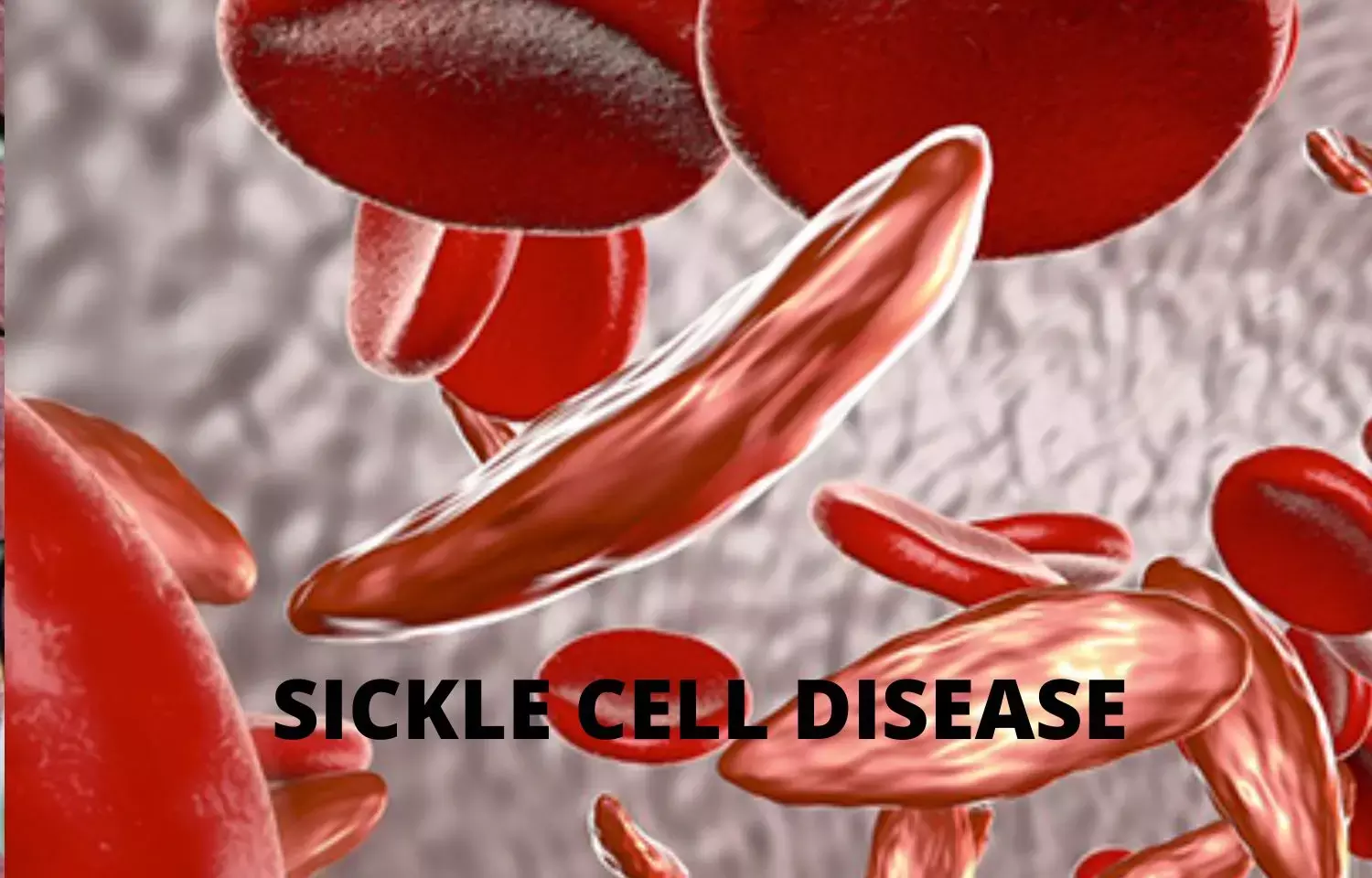- Home
- Medical news & Guidelines
- Anesthesiology
- Cardiology and CTVS
- Critical Care
- Dentistry
- Dermatology
- Diabetes and Endocrinology
- ENT
- Gastroenterology
- Medicine
- Nephrology
- Neurology
- Obstretics-Gynaecology
- Oncology
- Ophthalmology
- Orthopaedics
- Pediatrics-Neonatology
- Psychiatry
- Pulmonology
- Radiology
- Surgery
- Urology
- Laboratory Medicine
- Diet
- Nursing
- Paramedical
- Physiotherapy
- Health news
- Fact Check
- Bone Health Fact Check
- Brain Health Fact Check
- Cancer Related Fact Check
- Child Care Fact Check
- Dental and oral health fact check
- Diabetes and metabolic health fact check
- Diet and Nutrition Fact Check
- Eye and ENT Care Fact Check
- Fitness fact check
- Gut health fact check
- Heart health fact check
- Kidney health fact check
- Medical education fact check
- Men's health fact check
- Respiratory fact check
- Skin and hair care fact check
- Vaccine and Immunization fact check
- Women's health fact check
- AYUSH
- State News
- Andaman and Nicobar Islands
- Andhra Pradesh
- Arunachal Pradesh
- Assam
- Bihar
- Chandigarh
- Chattisgarh
- Dadra and Nagar Haveli
- Daman and Diu
- Delhi
- Goa
- Gujarat
- Haryana
- Himachal Pradesh
- Jammu & Kashmir
- Jharkhand
- Karnataka
- Kerala
- Ladakh
- Lakshadweep
- Madhya Pradesh
- Maharashtra
- Manipur
- Meghalaya
- Mizoram
- Nagaland
- Odisha
- Puducherry
- Punjab
- Rajasthan
- Sikkim
- Tamil Nadu
- Telangana
- Tripura
- Uttar Pradesh
- Uttrakhand
- West Bengal
- Medical Education
- Industry
Sickle cell disease may increase severe maternal morbidity risk among black women

Sickle cell disease (SCD) was found to be a significant factor in the racial differences in severe maternal morbidity (SMM) and was linked to a higher risk of SMM in Black people, says an article published in the Journal of American Medical Association.
The link between severe maternal morbidity and sickle cell disease is poorly understood. Therefore, Nansi Boghossian and colleagues undertook this study to investigate the relationship between SCD and racial inequalities in SMM and with SMM among Black people.
This cohort research was a retrospective population-based analysis of people with and without SCD who had a live birth or a fetal death in 5 states (California [2008-2018], Pennsylvania [2008-2014], Michigan [2008-2020], Missouri [2008-2014], and South Carolina [2008-2020]). Between July and December 2022, data were analyzed. Using classifications from the ninth and tenth revisions of the International Classification of Diseases, sickle cell illness was discovered during the delivery hospitalization. SMM including and excluding blood transfusions during labor and delivery were the main results.
The key findings of this study were:
1. From a total of 8 693 616 patients, 956 951 (11.0%) were Black, and 3586 (0.37%) of them had SCD.
2. In comparison to Black people without SCD, Black people with SCD had higher rates of Medicaid insurance (70.2% vs. 64.6%), cesarean deliveries (44.6% vs. 34.0%), and residence in South Carolina (25.2% vs. 21.5%).
3. Sickle cell disease was responsible for 8.9% and 14.3%, respectively, of the Black-White discrepancy in SMM and non transfusion SMM. SCD complicated 0.37 percent of births among Black people, while it was a factor in 4.3% of SMM cases and 6.9% of non transfusion SMM cases.
4. The adjusted RRs of SMM and non-transfusion SMM during the delivery hospitalization were 3.8 and 6.5, respectively, whereas the crude RRs of Black persons with SCD compared to those without were 11.9 and 19.8, respectively.
5. The SMM indicators with the greatest adjusted RRs were blood transfusion, puerperal cerebrovascular diseases, and air and thrombotic embolism.
Reference:
Boghossian, N. S., Greenberg, L. T., Saade, G. R., Rogowski, J., Phibbs, C. S., Passarella, M., Buzas, J. S., & Lorch, S. A. (2023). Association of sickle cell disease with racial disparities and severe maternal morbidities in Black individuals. JAMA Pediatrics. https://doi.org/10.1001/jamapediatrics.2023.1580
Neuroscience Masters graduate
Jacinthlyn Sylvia, a Neuroscience Master's graduate from Chennai has worked extensively in deciphering the neurobiology of cognition and motor control in aging. She also has spread-out exposure to Neurosurgery from her Bachelor’s. She is currently involved in active Neuro-Oncology research. She is an upcoming neuroscientist with a fiery passion for writing. Her news cover at Medical Dialogues feature recent discoveries and updates from the healthcare and biomedical research fields. She can be reached at editorial@medicaldialogues.in
Dr Kamal Kant Kohli-MBBS, DTCD- a chest specialist with more than 30 years of practice and a flair for writing clinical articles, Dr Kamal Kant Kohli joined Medical Dialogues as a Chief Editor of Medical News. Besides writing articles, as an editor, he proofreads and verifies all the medical content published on Medical Dialogues including those coming from journals, studies,medical conferences,guidelines etc. Email: drkohli@medicaldialogues.in. Contact no. 011-43720751


